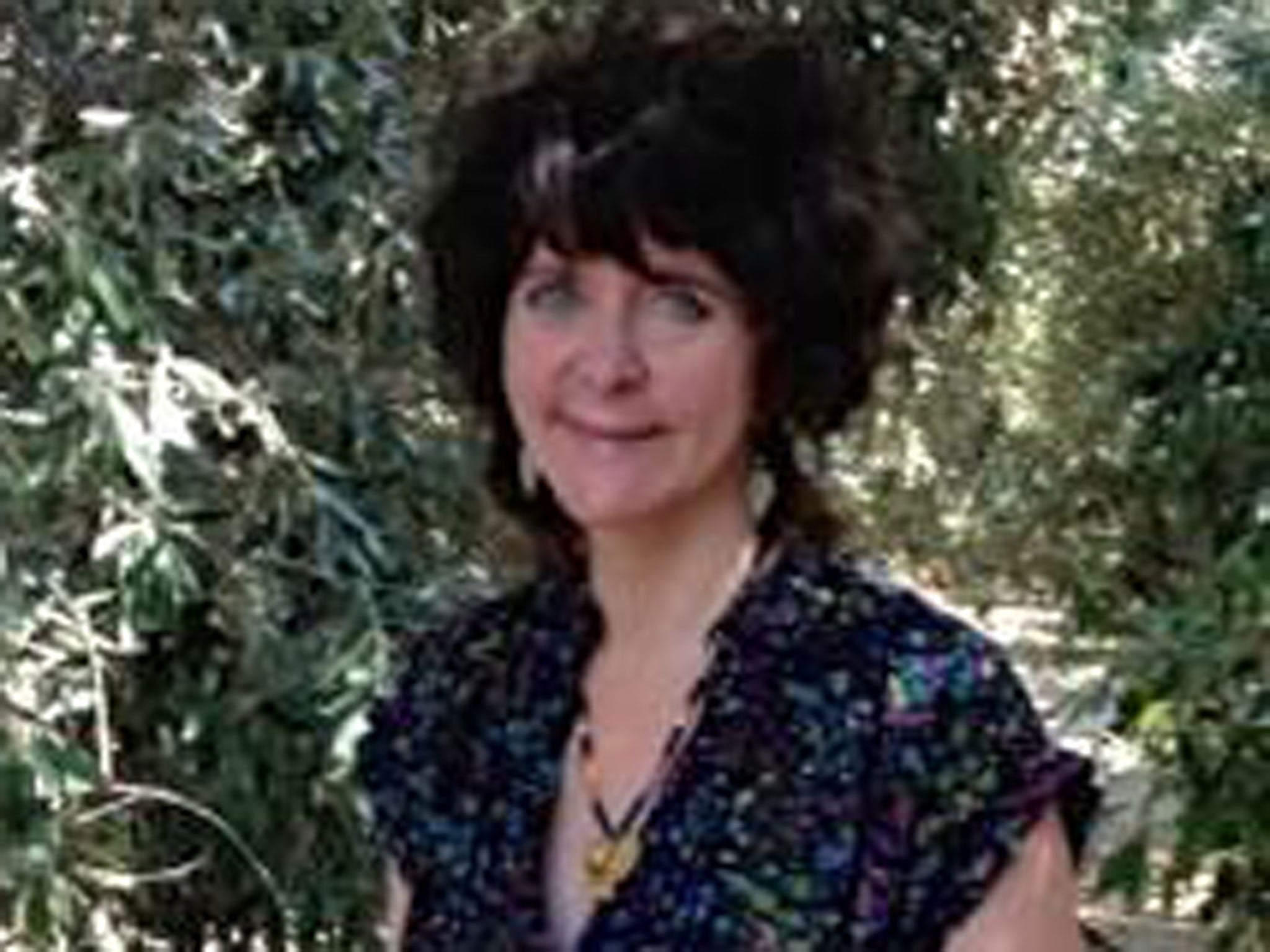
Your support helps us to tell the story
From reproductive rights to climate change to Big Tech, The Independent is on the ground when the story is developing. Whether it's investigating the financials of Elon Musk's pro-Trump PAC or producing our latest documentary, 'The A Word', which shines a light on the American women fighting for reproductive rights, we know how important it is to parse out the facts from the messaging.
At such a critical moment in US history, we need reporters on the ground. Your donation allows us to keep sending journalists to speak to both sides of the story.
The Independent is trusted by Americans across the entire political spectrum. And unlike many other quality news outlets, we choose not to lock Americans out of our reporting and analysis with paywalls. We believe quality journalism should be available to everyone, paid for by those who can afford it.
Your support makes all the difference.My book on migration, The Mara Crossing, took seven years. I put the birds and animals first, so their dangerous journeys could show that the drive to find better living conditions is universal and that human migration, a burning political topic everywhere today, is as natural as that of animals. Both are done to survive, both are part of the self-renewing nature of all life.
“They've made it again, which means the globe's still working,” says Ted Hughes when he sees the swifts return, but swifts are at risk now. This is why, in the Zoological Society of London's (ZSL) new series of Writers' Talks at London Zoo, I'll be standing in the free-flying tropical bird pavilion talking about a ridiculously beautiful purple jewel called the amethyst starling.
Africa, Europe, everywhere – since the 1970s there's been a terrible dying. Human populations increased, wild creatures' homes disappeared; they disappeared too. Good zoos became places of education and science, trying to conserve the wild and remind everyone that the life-forms that share the planet with us need our help.
Many people who love nature don't realize that ZSL London Zoo keeps animals for any purpose other than entertainment. ZSL's Writers' Talks on endangered animals will be wonderful events but I hope will also make people more aware of ZSL's science-backed conservation. The audience can question writer, conservation scientist, keeper – and animal, though I'm not sure what answers they'll get.
Poet Jo Shapcott on the rainforest floor will talk about the slender loris, Mark Haddon, author of The Curious Incident of the Dog in the Night-Time, will go in with Galapagos tortoises,
Helen Dunmore will be with Sumatran tigers (not in with but close to), Andrew O'Hagan will be gentle with Malayan tapir because tapirs are very shy, and poet Glyn Maxwell has fallen for the Mallorcan midwife toad, rescued from extinction. “The male does something surprisingly helpful: carries eggs around for the female,” he says. “Until 1979 its story was thought to be over, and it isn't. Now I can help to tell it.”
For me, the glittering amethyst starling will be an emblem of hope: that ZSL's conservation programmes can save all these and more from extinction.
Writers' Talks, ZSL London Zoo, London NW1 (zsl.org/writerstalks) 14 May to 17 September. Ruth Padel's 'The Mara Crossing' is out now
Join our commenting forum
Join thought-provoking conversations, follow other Independent readers and see their replies
Comments